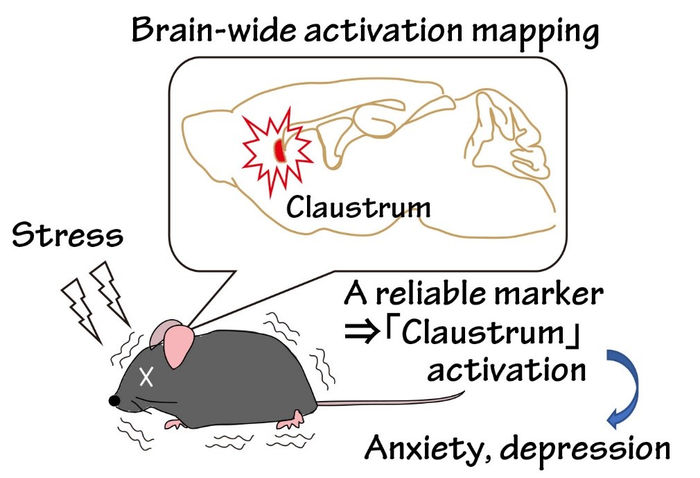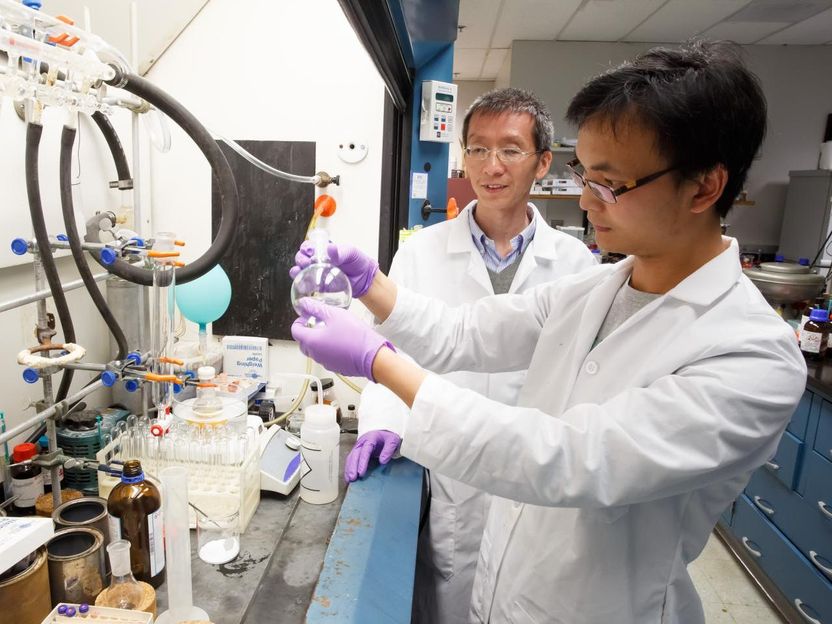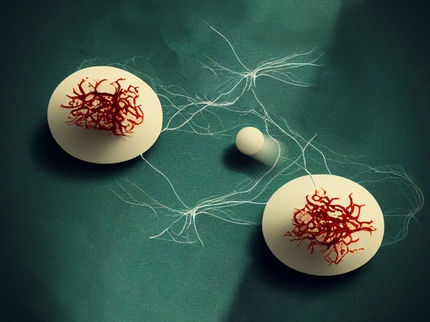‘Switching off’ specific brain cells protects against stress
Researchers find that a specific group of brain cells control anxiety-related behaviors
It is well known that long-term exposure to stress can lead to serious psychiatric problems. However, the precise mechanisms underpinning the stress response have remained largely elusive. Recent advances in microscopic imaging by researchers from Japan have led to the exciting discovery of a small group of brain cells that control stress-induced responses. These cells could be the key to understanding the origin of stress-related mental disorders.

Activation of the claustrum, identified as a reliable marker of the stressed brain, controls stress-induced anxiety-like and depression-like behaviors.
Atsushi Kasai
In a study published this month in Science Advances, researchers from Osaka University discovered a small group of brain cells in the claustrum of mice that controls stress-induced anxiety behaviors. When these cells were activated using chemogenetic technology, mice exhibited anxiety-related behaviors, whereas deactivation of the cells made mice more resilient against chronic stress.
Until recently, the identification of such small populations of cells using an unbiased and hypothesis-free approach has been challenging because of technical limitations. Now, the recent development of block-face serial microscopy tomography (known as FAST) by researchers at Osaka University has made this possible. This technique allowed the researchers to examine changes in cellular activity at the resolution of a single cell. It is widely understood that the processing of stress relies on the communication between cortical and subcortical regions of the brain; however, the exact mechanism underlying this communication is uncertain, which is what the researchers aimed to uncover using this technique.
The researchers used well-established psychological animal models of restraint and social defeat stress to map patterns of cellular activity in mice that were exposed to stress. Using the FAST technique, the team collected whole-brain images of control mice and mice exposed to these stressful conditions. Of the 22 brain regions studied, the claustrum was identified as a key region that differentiated stressed brains from non-stressed brains: “A combined approach using brain activation mapping and machine learning showed that the claustrum activation serves as a reliable marker of exposure to acute stressors,” say lead authors Misaki Niu and Atsushi Kasai. Crucially, by manipulating the activity of these cells using chemogenetic technology, they concluded that the claustrum is crucial for the control of stress-induced anxiety-related behaviors. When the activity of these cells was amplified, mice exhibited anxious behaviors; these could then be reversed by suppressing claustrum cell activity.
“Inactivation of stress-responsive claustrum neurons can serve as at least a partially preventative measure for the emergence of depression-like behavior, and moreover, for stress susceptibility to increase resilience to emotional stress,” explains senior author Hitoshi Hashimoto. This exciting discovery opens new opportunities for claustrum activity as a new treatment target for anxiety-related conditions and gaining a better understanding of the cause of stress-related disorders.
Original publication
"Claustrum mediates bidirectional and reversible control of stress-induced anxiety responses"; Science Advances; 2022
Most read news
Original publication
"Claustrum mediates bidirectional and reversible control of stress-induced anxiety responses"; Science Advances; 2022
Topics
Organizations
Other news from the department science

Get the life science industry in your inbox
By submitting this form you agree that LUMITOS AG will send you the newsletter(s) selected above by email. Your data will not be passed on to third parties. Your data will be stored and processed in accordance with our data protection regulations. LUMITOS may contact you by email for the purpose of advertising or market and opinion surveys. You can revoke your consent at any time without giving reasons to LUMITOS AG, Ernst-Augustin-Str. 2, 12489 Berlin, Germany or by e-mail at revoke@lumitos.com with effect for the future. In addition, each email contains a link to unsubscribe from the corresponding newsletter.
Most read news
More news from our other portals
Last viewed contents
Personal care products are possible sources of potentially harmful parabens for babies






















































